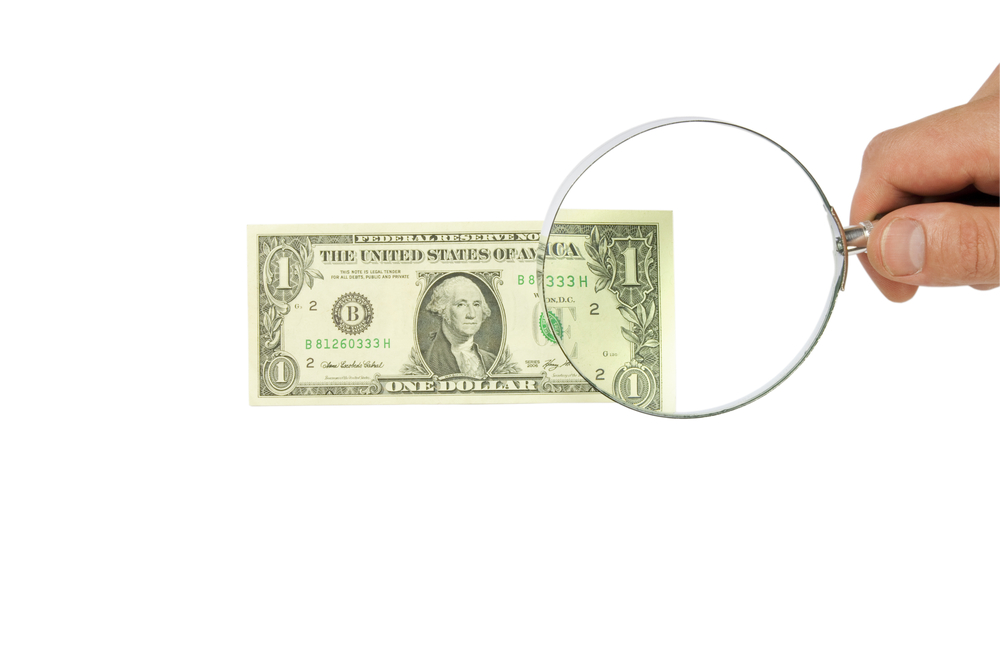Brands using editorial best practices when creating news content and blog posts may start to see their hard work pay off even more, as the Federal Trade Commission (FTC) polices search engines and online publications for deceptive marketing practices. The FTC recently sent major search engines letters, outlining updated guidelines about distinguishing natural web content from paid materials.
Search results muddied with paid ads
This serves as a refresher to the 2002 Search Engine Letter, which the FTC previously distributed to companies that fielded the majority of online queries at the time. Initial guidelines required search engines to make it clear whether search results were organic or paid, but there has been a decline in compliance in the years since, the FTC revealed.
“The principles underlying the 2002 Search Engine letter remain the same: consumers ordinarily expect that natural search results are included and ranked based on relevance to a search query, not based on payment from a third party,” the FTC states. “To avoid the potential for deception, consumers should be able to easily distinguish a natural search result from advertising that a search engine delivers.”
Make organic web content clear
While the organization’s letter acknowledges that internet marketing is rapidly evolving and brands maintain active presences in search and social media, it presses for transparency and consistency across channels.
“To avoid the potential for deception, consumers should be able to easily distinguish a natural search result from advertising.”
Specifically, compliance requires search engines and news aggregators to feature clear and prominent advertising disclosures, such as visual cues with clear borders and shading or easy-to-find and read text labels that indicate paid sponsorship.
The FTC reports it has noticed that some search engines have started printing text labels in smaller font, which makes it harder for consumers to spot and read. Moreover, companies that have established methods for calling-out paid content are urged to consistently apply those visual cues across channels by using the same shading and borders for desktop and mobile search.
This applies to social search, too
It also demands social networks play by the rules if they aim to become news sources. Brafton recently reported there is speculation that Facebook may attempt to develop a ‘Reader’ – or news aggregator program – that delivers content to users in real time.

Social media sites must walk a fine line when presenting results to users’ questions and offering suggestions. According to the FTC, networks must be explicit about whether social content (like a movie review or popular news story) is surfaced from social contacts’ streaming recommendations or prioritized because of paid sponsorship.
As search engines, social media networks and publishers make it easier for internet users to distinguish between paid and organic search results, brands publishing organic content will see qualified clicks that indicate visitors are looking to learn, not buy right away.





